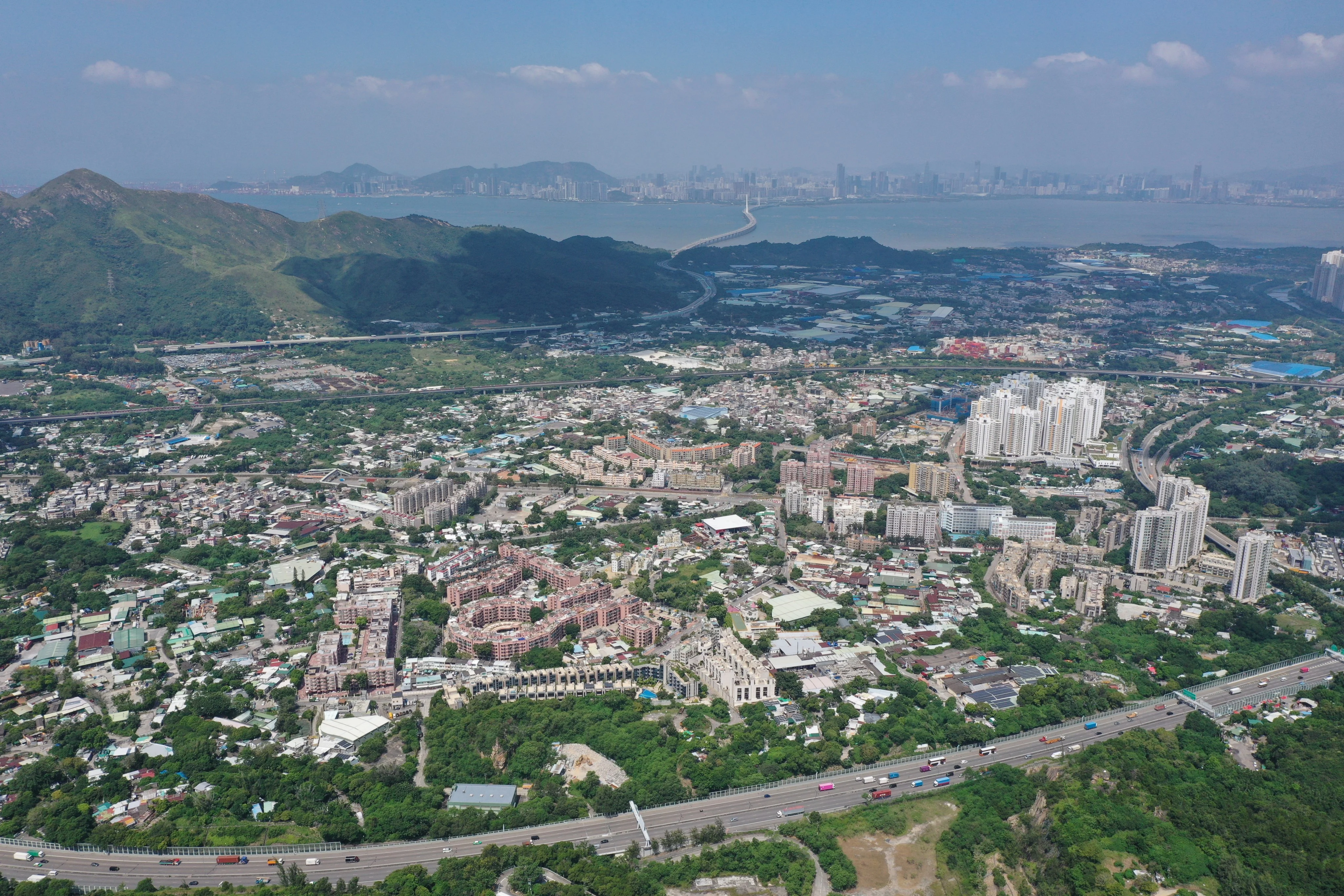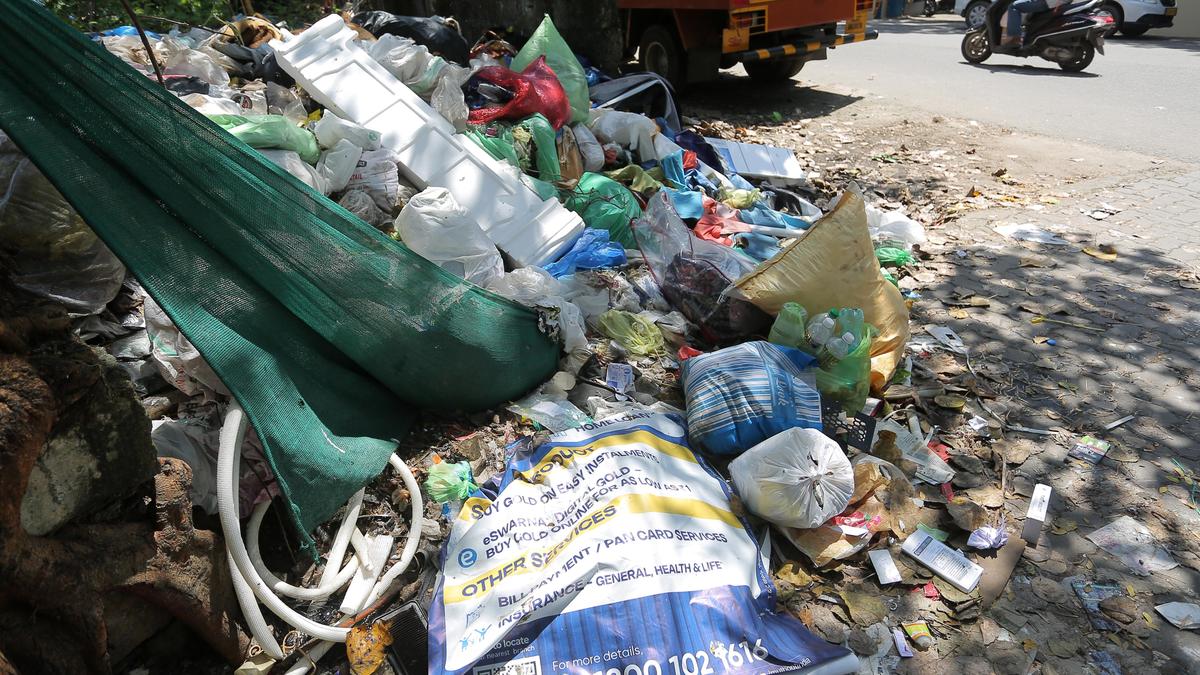Copyright scmp

Relaxing development rules in Hong Kong’s Northern Metropolis should be viewed not as yielding to developers but as part of a broader effort to attract investors, the development minister has said, as she revealed new incentives and details of the special legislation for the megaproject. In an exclusive interview with the Post, Secretary for Development Bernadette Linn Hon-ho said that the government was considering extending the six-year construction limit under the first large-scale land parcel scheme in Hung Shui Kiu, following recent measures introduced to improve the project’s financial viability. The proposal could be among a number of incentives aimed at encouraging bidders to join the project tender by the end of this year. The scheme is designed to harness market forces to accelerate the development of the 30,000-hectare (74,132-acre) Northern Metropolis near the city’s border with mainland China. Linn said that the government hoped to attract developers and enterprises while tapping into the market for land and industrial development. “To be realistic, we are competing with others … We have advantages such as a low tax rate, common law and strict contractual management, but we could lose to others due to our relatively high [construction] costs and lengthy approval process,” she said. “As our wages are high, what offsets can we provide to attract them? We need to think about other areas. They hope to have a longer construction period. “If we can accommodate, we will. If they want it to be profitable and need slightly more residential sites, we will accommodate where possible.” She added: “Hence, we are not simply yielding to others. It is about competing to attract people to help us with our development. We must understand our positions and offset the pain points.” Earlier measures introduced by authorities to boost the project’s financial viability – which covers several sites totalling between 10 and 20 hectares – include allocating an extra private residential plot and exempting the successful bidder from constructing a public road. Linn emphasised that the government would respond to “reasonable demands” from developers that struggled with cash flow, and would extend the construction period “appropriately” to strike a balance between maintaining progress and ensuring feasibility. She expressed confidence in the tender outcome, noting that local and mainland enterprises had responded positively to the revised directions, describing them as “on the right track”, and increasing their interest in participation. Linn also revealed that some companies were discussing the formation of a cross-border consortium to bid for the project. Hung Shui Kiu and neighbouring Ha Tsuen are among the first batch of new towns within the Northern Metropolis. The 441-hectare development is envisioned to become a hub for high-end professional services and logistics. Referring to nine hectares of land in Hung Shui Kiu earmarked for higher education, Linn said that applied universities would better align with the new town’s focus on modern industrial use. Under the plan, the administration will establish a government-owned company next year to manage a logistics and industry park covering more than 20 hectares in Hung Shui Kiu. Linn said the company was expected to begin operations in mid-2026 and that the government might inject seed capital into it, in addition to granting the land for its management. She added that the government was also considering broadening permitted land uses to allow greater flexibility in development. Linn said that the designated plots were currently restricted to cargo-handling purposes under the town planning regime – a limitation that the sector considered too restrictive for future operation, given the volatile economic environment. She said the industry hoped to include uses such as research and development, advanced construction, convention facilities, showrooms and talent accommodation. Linn stressed that the intention was to allow uses that were “compatible and complementary” to the area’s character, and that the government would not permit the industry park to become residential. She added that doing so would spare the company and incoming businesses from repeatedly applying for land-use changes. “If we do not widen the land uses and promote an industry park with very limited activities allowed … it could scare many potential investors away,” Linn said. Regarding the newly announced special law, unveiled in last month’s policy address to speed up the megaproject’s development, the minister said that the legislation would not bypass major statutory requirements, such as the environmental impact assessment process. “The public need not worry. It is not about simplifying the procedures of changing a green belt into industrial land. We have already streamlined the procedures. There is no need for that,” Linn said, referring to an ordinance that took effect in 2023. She stressed that the purpose was not “for the sake of circumventing [the procedures]”, but to simplify workflows on aligning land-use discrepancies across areas and handling minor relaxations of development parameters. Among the proposed changes being considered are measures to align permitted uses within the same land zone across different statutory plans in the Northern Metropolis through a simplified process that would not require public hearings. Another adjustment would streamline minor relaxations to building height and development intensity, as the current citywide approval process takes several months and requires endorsement from the statutory Town Planning Board. Linn said the government was also exploring ways to speed up the approval process for overnight construction, given that noise control requirements were less stringent in newly developed areas. The minor relaxation of development parameters, she added, would have minimal impact on nearby neighbourhoods since the Northern Metropolis had yet to reach a mature stage of development and would remain within the capacity of the planned transport infrastructure.



